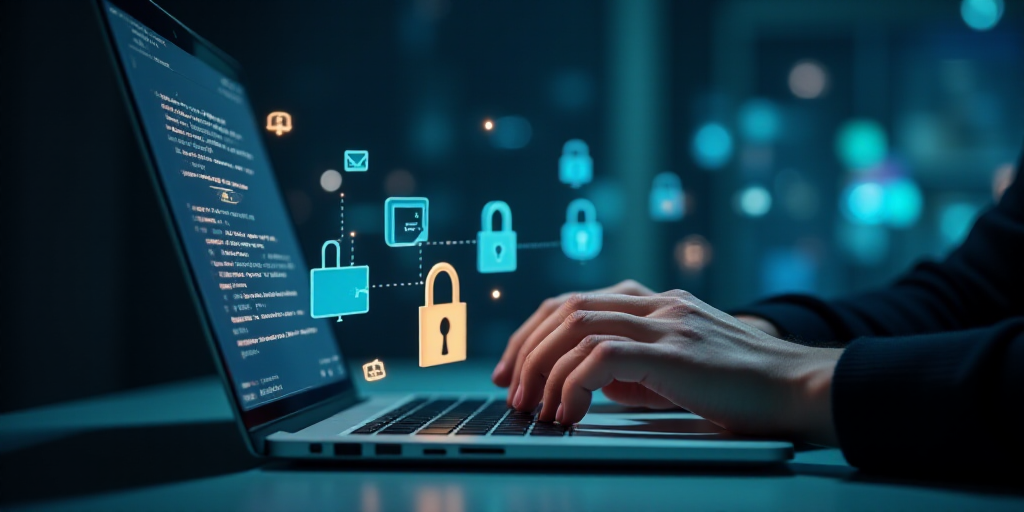Background on the Relevant Figure
The Brazilian Supreme Court, a crucial institution in the country’s judicial system, has recently taken a significant step to regulate digital platforms. This decision comes after the court gained international attention in 2024 when Judge Alexandre de Moraes temporarily blocked access to platform X for refusing to comply with judicial orders related to combating misinformation.
The Supreme Court’s Decision
On Thursday, the Brazilian Supreme Court decided to increase the responsibilities of digital platforms regarding content posted by their users. This decision marks a groundbreaking moment in Latin America concerning the spread of false news and hate speech online.
The ruling affects major platforms such as X, TikTok, Instagram, and Facebook. From now on, these companies must remove any content that violates the law “immediately,” without waiting for a court order.
Scope and Implications
Although the decision was made based on specific cases, it sets a precedent that will impact tens of millions of social media users in Brazil.
Eight out of the eleven judges voted for the “partial unconstitutionality” of an article in Brazil’s Internet Framework, which has been in effect since 2014. This article states that technology companies are only responsible if they refuse to comply with a court order to remove questionable content.
Following Thursday’s decision, digital platforms will have to take action without judicial intervention to remove content promoting antidemocratic actions, terrorism, hate speech, child pornography, and other serious crimes.
For other illicit content, companies may be held accountable for any damages caused if they fail to remove such content upon notification by a third party.
“We strive to preserve freedom of expression as much as possible, but we cannot allow the world to fall into an abyss of incivility by legitimizing hate speech or crimes committed indiscriminately online,” said Judge Luis Roberto Barroso, the court’s president.
Judge Kassio Nunes, one of the three who voted to keep the article unchanged, argued that “civil responsibility online is primarily with the person who caused the damage, not the platforms.”
Brazil gained global attention regarding platform responsibilities in August 2024 when Judge Alexandre de Moraes temporarily blocked access to platform X across the country for refusing to comply with judicial orders related to combating misinformation.
Key Questions and Answers
- What is the main decision of Brazil’s Supreme Court? The court decided to increase digital platforms’ responsibilities for user-generated content, requiring immediate removal of illegal posts without waiting for a court order.
- Which platforms are affected by this decision? Major social media companies like X, TikTok, Instagram, and Facebook are impacted by this ruling.
- What types of content must be removed immediately? Platforms must remove content promoting antidemocratic actions, terrorism, hate speech, child pornography, and other serious crimes without waiting for a court order.
- What happens if platforms fail to remove illicit content? Companies may be held accountable for damages caused by failing to remove such content upon notification by a third party.
- What was the context leading to this decision? The Supreme Court’s action follows global attention gained in 2024 when a Brazilian judge temporarily blocked access to platform X for refusing judicial orders related to combating misinformation.






